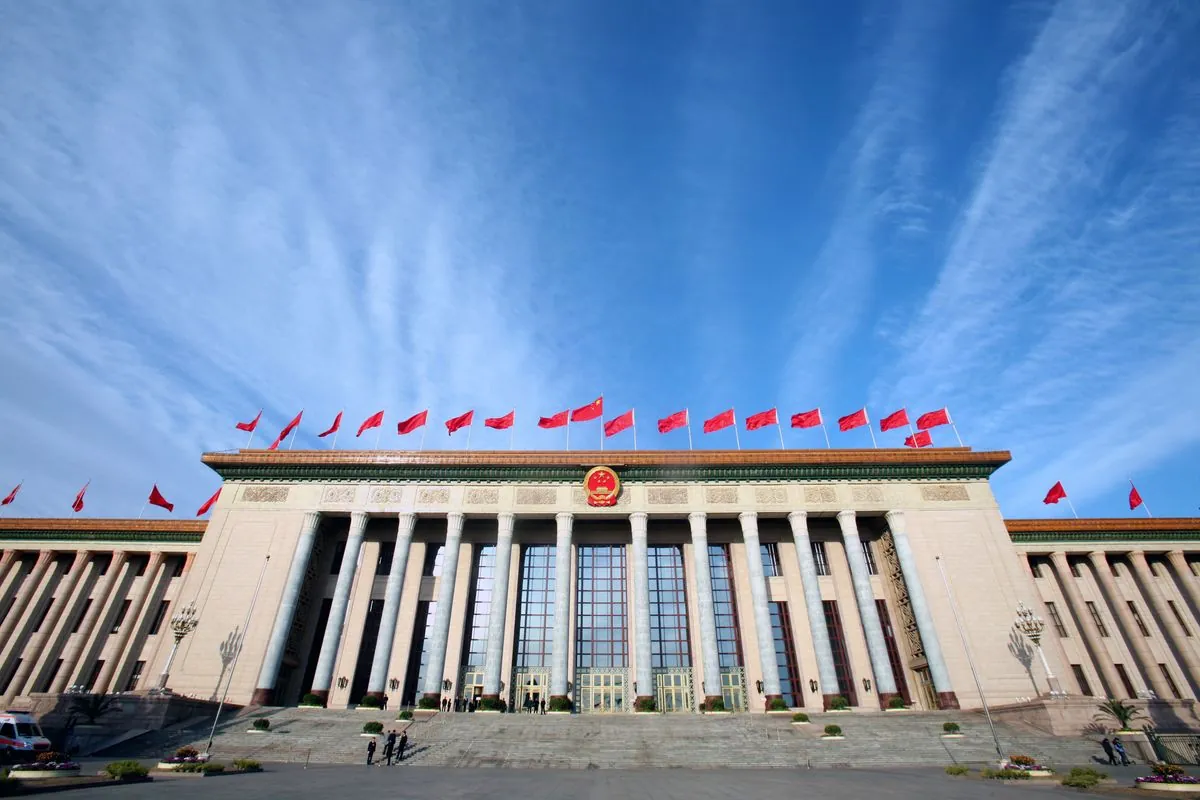China's Cleantech Price War Sparks Economic Concerns Amid Global Tensions
Chinese cleantech prices plummet, raising economic worries. South China Sea tensions escalate with the Philippines. Brazil's X ban highlights China's advanced internet censorship capabilities.

China's cleantech sector is experiencing a significant price drop, with electric vehicle (EV) costs falling by nearly 22% and solar module prices decreasing by over 50% compared to early 2023. This trend, driven by government investment, foreign tariffs, and intense competition, is causing concern for the industry's sustainability.
The Chinese EV market, the world's largest with about 60% of global sales, has seen a dramatic consolidation. The number of manufacturers has decreased to just 20% of what it was in 2023, with some major players like WM Motor shutting down. Similarly, the solar industry faces potential bankruptcies following a credit influx in 2023.
These developments are occurring against a backdrop of broader economic challenges in China. Consumer confidence has significantly declined, with only 39% of Chinese citizens feeling financially better off than five years ago, compared to 77% before the COVID-19 pandemic. Retail sales hit an 18-month low in June 2024, and restaurant profits in Beijing plummeted by 88.8% in the first half of 2024.
Local governments, traditionally a source of investment and credit, are facing severe financial constraints. In Chongqing, a municipal government has resorted to liquidating assets to meet financial obligations.

Meanwhile, geopolitical tensions are rising in the South China Sea. A recent collision between Chinese and Philippine vessels near Sabina Shoal in the Spratly Islands has escalated the ongoing dispute. The United States, bound by a mutual defense treaty with the Philippines since 1951, has issued a strong statement supporting Manila.
In Inner Mongolia, China's third-largest province by area, the Chinese Communist Party (CCP) is pushing for the use of "northern frontier culture" instead of "Mongolian" in official communications. This move is seen as part of a broader effort to suppress minority cultures, reminiscent of recent educational changes targeting the Mongolian language and culture.
"The situation in the South China Sea is stable overall. We urge certain countries to respect China's territorial sovereignty and maritime rights."
The article also highlights the effectiveness of China's internet censorship, known as the Great Firewall, in comparison to Brazil's recent ban on X (formerly Twitter). While Brazil struggles to enforce its ban, China has successfully implemented a comprehensive system of online and offline controls since the project's inception in 1998.
Lastly, the Dutch chip manufacturer ASML faces potential restrictions on its operations in China due to U.S. pressure. This development is part of the ongoing "chip war" between the United States and China, which has seen surprising success in recruiting allies despite Beijing's threats of retaliation.
As these events unfold, the CCP's legitimacy, built on decades of economic growth, faces new challenges in an increasingly complex global landscape.


































